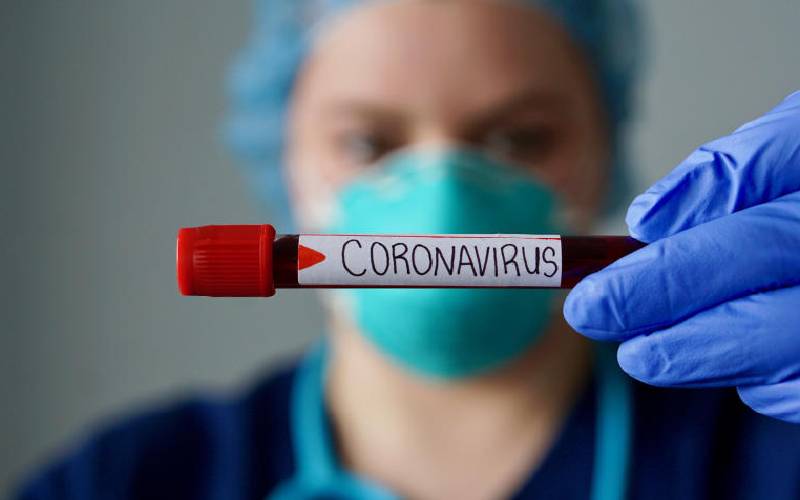×
The Standard e-Paper
Fearless, Trusted News

Coronavirus has exposed our weaknesses and highlighted the challenges of our society. This crisis has also brought to the forefront hard questions that as a nation, we need to ask ourselves. Crisis is opportunity and we have a chance to make fundamental decisions that will, or could change our country for the better for generations to come.